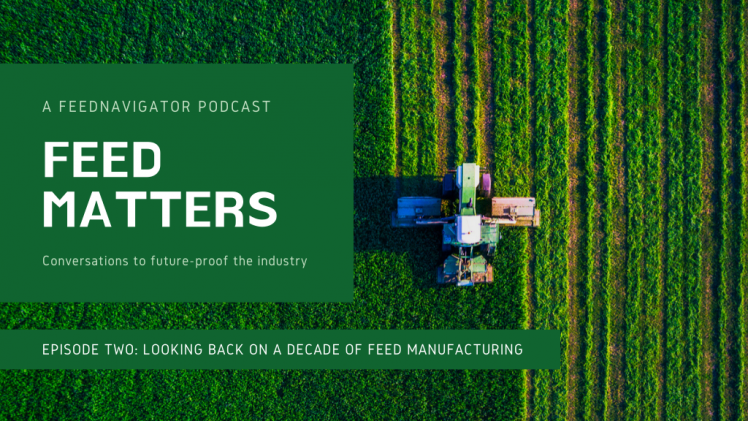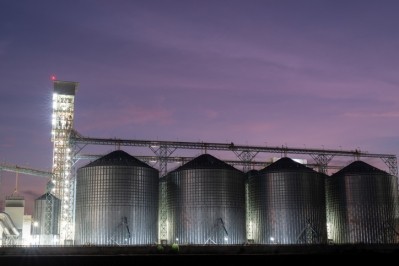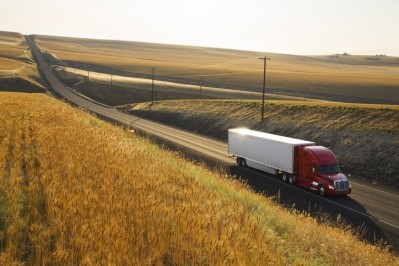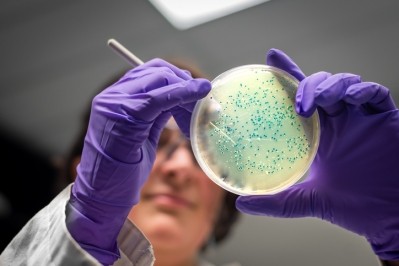‘The next decade will be hugely disruptive in feed production’

He also envisages how the next 10 years should play out for the sector.
Connolly is well placed to leaf through the pages of the decade that was, having compiled a history of feed for the Journal of Applied Animal Nutrition in 2015. As innovation lead in Alltech, he developed its annual feed industry survey, which kicked off in 2011 and has tracked global feed production trends ever since.
He talks us through advances since 2010, from feed production expansion in certain regions, with Africa and India the star performers and he explains why poultry feed and poultry meat so dominate globally.
Tracking feed milling and processing technology trends, he determines to what extent the consolidation effect took hold in feed manufacture in China, the US and the EU over that period.
He notes the shift away from antibiotics in the US over the past few years, something not forecast in any conversations as the decade got underway.
“The US is a world leader now in how to use antibiotics.”
Also, significant, finds Connolly is a ramping up of a focus on agriculture and feed production from groups that lack detailed knowledge of feed formulation or animal nutrition.
“Not being in control of the agenda and allowing food organizations, retailers and consumers of produce to decide what goes into the feed or doesn’t go into the feed makes their demands very difficult to control.”
The future of feed
He foresees progress such as digital platforms for the commercialization of feed, with farmers not loyal to one feed brand, but instead going through a platform to get the feed they want, made by whatever feed mill, at the price they require.
He also forecasts greater digitalization of information, sensors to measure movement, disease and feeding in the barn, and that data informing nutritional programs in real time.
Gene editing of crops through technologies like CRISPR will also be a big part of where the industry is going, he said.
Our first podcast in the Feed Matters series was an interview with the NGFA in the US.








